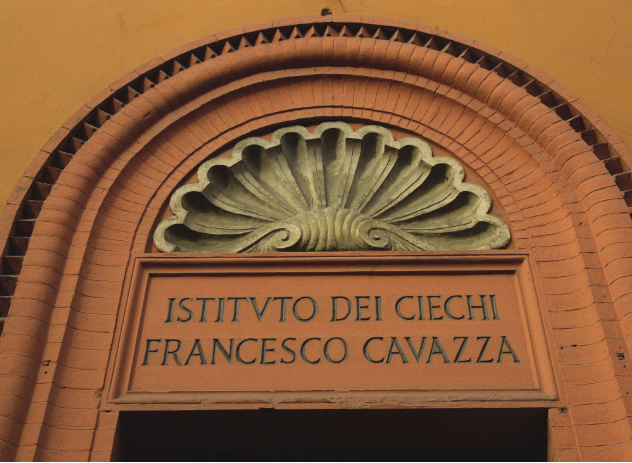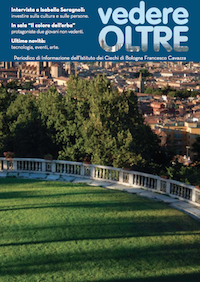High standard training delivered at the Istituto Cavazza and designed for managers of the third sector operating in the disability field.
We are observing a substantial redefinition of the public social assistance system against the backdrop of the continuing financial crisis. It involves (or maybe involved) the provision of public funding in favour of the most vulnerable, in a purely welfare perspective. But projects worthy of attention are sometimes overlooked and we are now seeing the substantial erosion of the rights previously guaranteed by the welfare state. As a result, we are witnessing the reinsertion of project managers as professional figures in not-for-profit organizations.
This innovation responds to the need of private not-for-profit organizations to seek and obtain financial resources in accordance with their particular status which does not allow them to fully enter into the market, as they have to comply with the limits imposed by law to assure intended goals. The third sector is now also the subject of attention by universities, namely in numerous curricula and even Master's programs. The University of Bologna, of course, is no exception. As part of a joint initiative by the Sociology Department and the Master in Law and Economics, a program of high standard training has been established by the Italian Blind Union – presided by Dr. Mario Barbuto who is also the Director of the Institute for the Blind Francesco Cavazza Onlus – and the I.Ri.Fo.R. (a national institute for training, research and rehabilitation in the field of blindness, long arm of the Union). The program is designed for managers of the third sector operating in the disability field. The course encapsulates the need to provide professional opportunities for blind and visually impaired students, but also essential learning for employees of the Italian Blind Union, in order to ensure the application of proper skills in their daily work.
The course was given to 21 participants between the ages of 22 and 35, of which at least 13 had a visual impairment. All of them held a Bachelor's or a Master's degree with specific computer science and linguistic knowledge. The course was delivered from January 25 to March 11, 2016, under the supervision of Roberta Paltrinieri, professor of the sociology of cultural and communication processes and the sociology of consumption at the School of Political Science – Alma Mater Studiorum University of Bologna –and also in classrooms provided by the Istituto Cavazza. This 240-hour course focused on the following: legislation relating to the third sector and its role in the welfare system; various models of welfare and the vision of merging public and private sectors; the management of human resources; with a special attention to the new role of volunteers within not-for-profit organizations. Central to the training was fundraising; the modalities relating to the participation in European open calls for proposals; social communication and marketing with the digital drifts; accounting and administration in agencies of the third sector. Curriculum included the specialized professional role relating to strategic planning in fund raising from different sources, supported by communication skills for the promotion of individual not-for-profit organization's tender, in order to respond to its institutional needs.
Students obtained 21 university study credits for this course, and they had the opportunity to be taught by Alma Matter's lecturers Flavia Franzoni and Alessandro Martelli on the subject of social policies and welfare models; Paola Parmiggiani and Piergiorgio Degli Esposti (communication and social marketing); Claudia Golino (third sector legislation); Emanuele Menegatti and Anna Montanari (human resources management); Rebecca Levy Orelli and Pierpaolo Pattitoni (social economy); Paolo Venturi (fundraising principles); and an expert in Europlanning, Giorgia Perra.

Theory and practice were brought together through an internship taking place at the Italian Blind Union facilities, from April to October 2016, lasting 240 hours. One student received a scholarship for a free participation in the course. Graduation will take place in November 2016, upon completion of the training. This is yet another example of the attention the Istituto Cavazza and the Italian Blind Union have always demonstrated in regards to training tools aimed at enabling people with vision loss to not only become more independent, but to also fully integrate the economic and social fabric, which is at the very core of the mandate of the organization headquartered in via Castiglione.





.png)